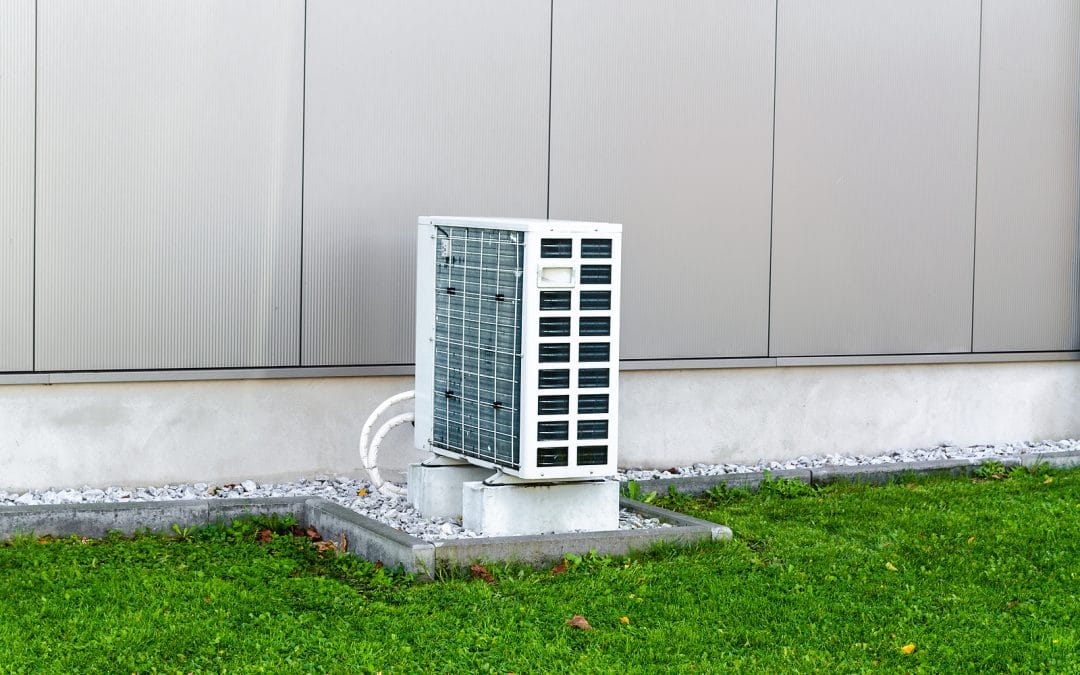If you are in the market for a new boiler, it is impossible not to get swept up in the discussions surrounding the future of heat, and whether you would be best getting an energy-efficient gas boiler, an electric boiler or something completely different, such as a heat pump.
Part of the issue with the entire discussion is that it assumes that there is a single universal better choice for every single homeowner, when the reality of the situation is a little bit more complex in practice.
In some cases, particularly with the Boiler Upgrade Scheme, a heat pump is the best choice, but in other situations, it is prohibitively expensive if not physically impossible to fit one.
At the same time, swapping out a boiler for a like-for-like replacement is a sensible solution in order to wait and see, assuming there is no sudden spike in gas bills as there was in 2021, as it will provide consistent, efficient heating and hot water for at least the next decade.
An in-between option that is not as commonly considered but still has potential is an electric boiler that works the same way as a gas boiler and fits in the same place, only it does not rely on gas for its heating element.
Which one is best? That depends on your situation, and the best way to know for sure is to consult a heating engineer to get a personal expert view, but here are some of the reasons why your next heating solution should be one of these.
Why Stick With A Gas Boiler?
For now, if your gas boiler is relatively new, you keep it well-maintained, and you have not had any obvious issues or price spikes, there is no reason to be hasty in switching.
Modern gas boilers are highly efficient, and that only tends to change after ten years of service, assuming that there are no breakdowns or issues with repairs.
If you are in the market to replace your existing boiler, there are an almost bewildering number of options, but even amidst the signal and noise, a like-for-like or very close replacement is often the right choice if you are happy with how it works and your bills are not egregiously expensive.
At present, most people will pay less for their heating with gas rather than electricity, but this will depend on your energy tariff and usage.
They are also typically cheaper to buy, even with significant incentives in place, far easier (and therefore cheaper to install) and typically very reliable as long as you make sure they are checked at least every year.
At some point, this may change, but if you do not want to radically alter your heating system, you do not have to right now.
Why Choose A Heat Pump?
In the past few years, heat pumps have been a hard sell, at least to existing homeowners.
Whilst they have become highly popular for new homes or significant refurbishment, it has become far more complex to determine if the benefits of retrofitting one would be worth the sometimes considerable costs to a homeowner outside of the lower carbon costs..
There are currently some homes for which the answer is still yes, although this may involve playing the long game somewhat.
Heat pumps can be as much as 380 per cent efficient based on the metrics used to measure existing boilers, so whilst electricity costs over three times the price of gas, that can be offset with the right tariff and a well-installed heat pump, although the results may vary.
Certain electricity tariffs are specially geared towards heat pumps, which can make them potentially cheaper, and this is enhanced if you have solar panels or another renewable method of generating electricity that can minimise your reliance on the National Grid.
Installation will take a long time and can be very expensive, but the Boiler Upgrade Scheme means that the upfront cost in some cases is much closer than the invoices will sometimes state.
Whilst the stated cost of a heat pump can be as much as £20,000 before the BUS grant, a typical installation with the grant is closer to £5000.
They also last up to 25 years, and because the heat is generated by electricity, there is no noticeable efficiency loss up until the time it needs to be replaced.
Are There Any Other Options?
There are other options as well for alternate heating sources, including electric boilers, biomass boilers and solar heaters, but these are likely to only be the best choices in certain situations.
Electric boilers are highly efficient, but are typically not efficient enough to offset higher electricity prices, whilst biomass boilers are only available in rural areas, and solar heaters are a relatively rare, expensive alternative.

